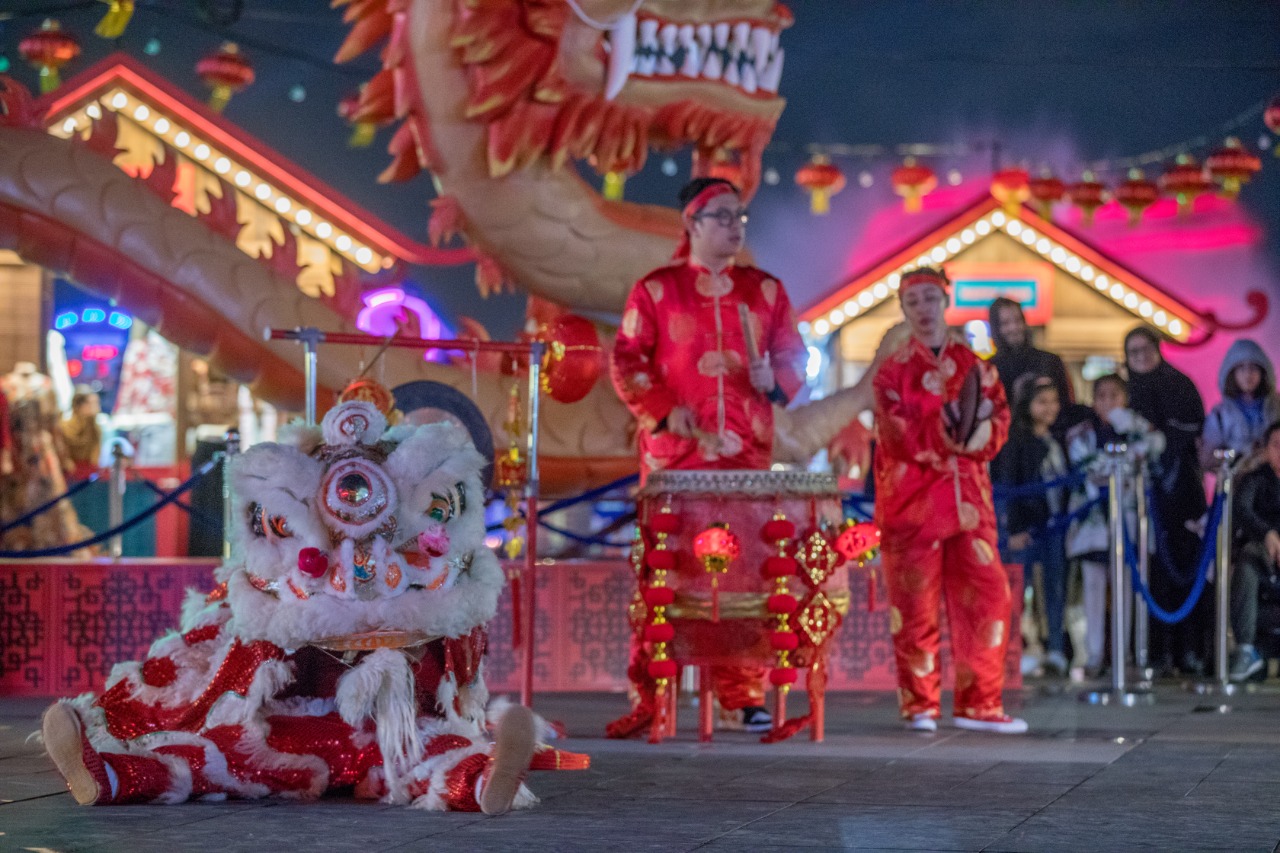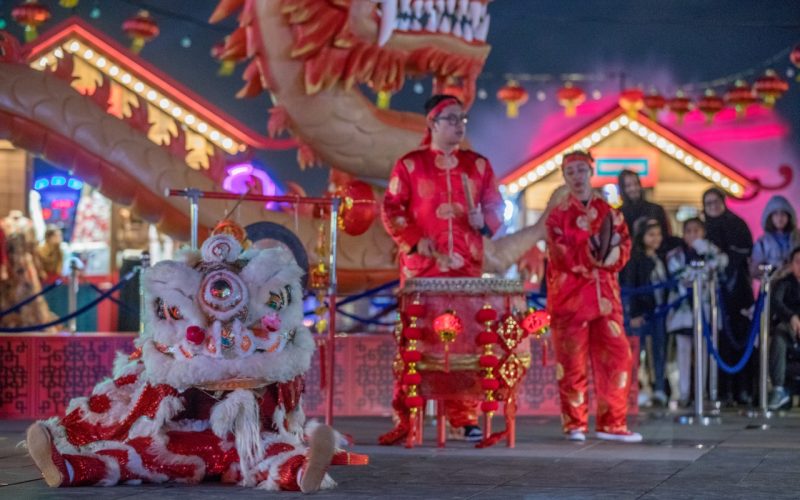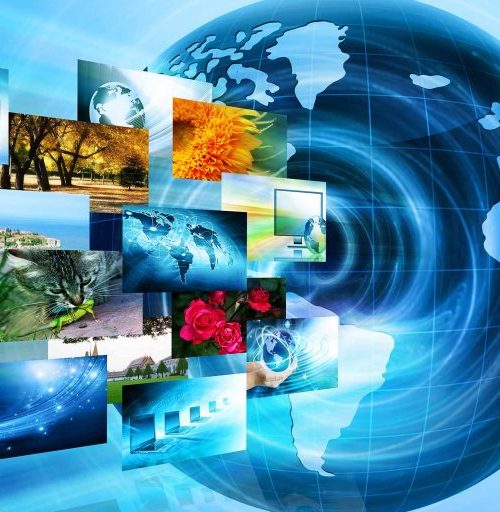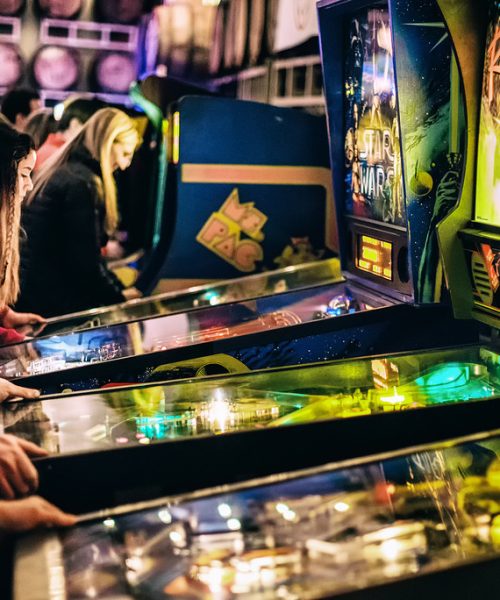
China, a country with a rich cultural heritage and a population of over 1.4 billion, boasts a diverse and dynamic entertainment industry. From traditional art forms to cutting-edge technology, Chinese entertainment offers a wide array of options for both domestic and international audiences. In this article, we will explore the multifaceted world of Chinese entertainment.
Chinese entertainment encompasses a wide spectrum of traditional and modern forms. Traditional Chinese performing arts, such as Peking opera and Kunqu opera, have been captivating audiences for centuries. These art forms feature colorful costumes, elaborate makeup, and intricate storytelling, often drawing inspiration from Chinese folklore and history.
In the world of music, Chinese classical instruments like the guzheng and erhu have their own unique charm. Chinese classical music is known for its tranquil melodies and cultural depth. In contrast, modern Chinese pop music, known as C-pop, has gained international recognition with artists like Faye Wong and Jay Chou. The fusion of traditional and modern elements in C-pop is a testament to China’s ever-evolving entertainment landscape.
Film and television play a significant role in Chinese entertainment, with a booming film industry that produces a wide range of content. Chinese cinema has seen a resurgence in recent years, with critically acclaimed films like “Crouching Tiger, Hidden Dragon” and “Raise the Red Lantern.” Furthermore, the Chinese television industry is known for its historical dramas, contemporary series, and variety shows that cater to a wide range of tastes.
Chinese martial arts films have also left an indelible mark on global cinema, with stars like Bruce Lee, Jackie Chan, and Jet Li becoming international icons. These films are celebrated for their breathtaking fight choreography and philosophical themes.
The emergence of the Chinese gaming industry has had a profound impact on global entertainment. China is the world’s largest gaming market, with a rapidly growing esports scene. The popularity of games like “Honor of Kings” and “PlayerUnknown’s Battlegrounds” has made China a major player in the world of competitive gaming.
The fashion industry in China is thriving, with Chinese designers gaining recognition on the global stage. Chinese fashion shows and influencers on social media platforms like Weibo and WeChat have helped promote Chinese fashion to a global audience.
Chinese dance and acrobatics are also celebrated forms of entertainment. The traditional art of Chinese acrobatics, with its stunning displays of balance and coordination, continues to mesmerize audiences both in China and abroad.
Chinese calligraphy and painting represent another facet of traditional Chinese entertainment. These art forms, steeped in history and cultural significance, are often showcased in exhibitions and museums.
In the digital age, online streaming platforms have become immensely popular in China, providing a wide range of content, from web series and reality shows to live-streamed events. These platforms have given rise to a new generation of Chinese celebrities and influencers.
Chinese entertainment is deeply intertwined with the country’s culture and history. The blend of traditional and modern elements, the vast array of artistic expressions, and the rapid technological advancements all contribute to China’s vibrant entertainment scene. As China’s influence on the global stage continues to grow, so too does the impact of its entertainment industry, making it an integral part of the world’s cultural tapestry.







